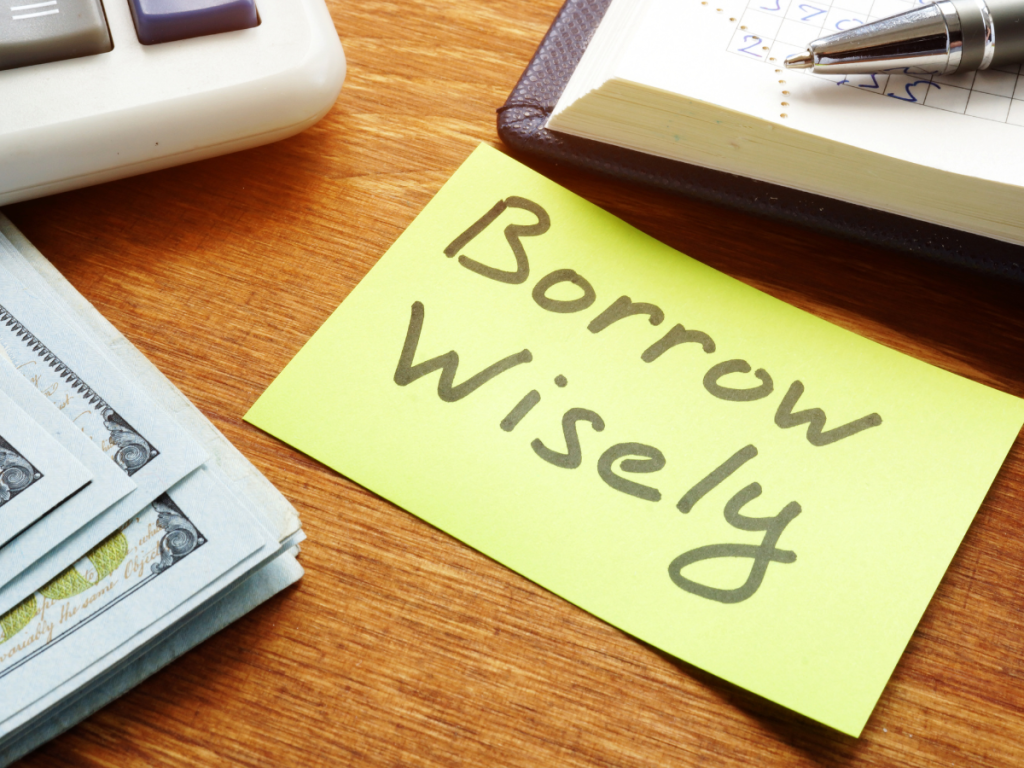When debt starts to feel overwhelming, it’s tempting to consider unconventional solutions—like borrowing from your own savings or retirement accounts to pay off debt. While this approach can provide quick relief, it’s important to weigh the benefits and risks carefully before making a decision.
How Borrowing From Yourself Works
You might tap into:
-
Savings accounts – Using liquid funds you already have
-
401(k) or retirement accounts – Borrowing or withdrawing funds early
-
Home equity loans – Leveraging the value of your home
The idea is simple: use your own money to pay off high-interest debt, potentially saving money on interest and simplifying your financial situation.
Potential Benefits
-
Lower Interest Payments – Using your own money may reduce or eliminate high-interest credit card or personal loan payments.
-
Simplified Finances – Paying off multiple debts at once can make budgeting and repayment easier.
-
Faster Debt Freedom – Large lump-sum payments can significantly reduce your debt timeline.
Risks and Considerations
-
Depleting Emergency Savings – Tapping into savings could leave you unprepared for unexpected expenses.
-
Retirement Setbacks – Early withdrawals from retirement accounts may incur taxes, penalties, and lost investment growth.
-
Potential Debt Cycle – If underlying spending habits aren’t addressed, you could end up in more debt.
-
Opportunity Cost – Money used to pay off debt could have been invested and grown over time.
Alternatives to Borrowing From Yourself
-
Debt consolidation loans – Combine multiple debts into one lower-interest loan.
-
Debt management plans – Work with a certified credit counselor to reduce interest and create a structured payment plan.
-
Debt settlement – Negotiate with creditors to pay less than the full balance.
-
Budget adjustments – Reduce discretionary spending and apply extra funds to debt.
Final Thoughts
Borrowing from yourself to pay off debt can be a powerful tool in certain circumstances—but it’s not risk-free. Carefully evaluate your financial situation, consider the long-term impact, and explore alternative debt relief options before tapping into your savings or retirement accounts. Consulting a certified financial advisor or credit counselor can help you make the best choice for your financial future.






Recent Comments